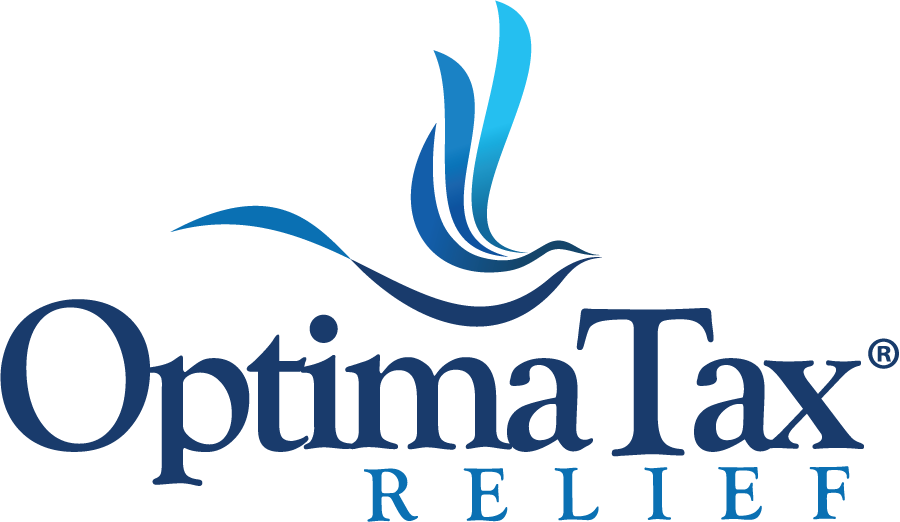
The Internal Revenue Service (IRS) has recently unveiled the annual tax inflation adjustments for the tax year 2024. These adjustments encompass a range of tax provisions, from standard deductions to contribution limits for retirement accounts. Understanding these changes is crucial for individuals and businesses alike as they plan their finances and navigate the upcoming tax season. Optima Tax Relief explores the key highlights of the IRS’s tax inflation adjustments for 2024.
Individual Income Tax Brackets
The IRS has adjusted the income brackets for individual taxpayers to account for inflation. These brackets determine the rates at which different portions of income are taxed. As incomes tend to rise over time, these adjustments aim to maintain the progressive nature of the tax system. Taxpayers should be aware of these changes to accurately estimate their tax liability for the upcoming year.
Single Filers:
- 10%: Income up to $11,600
- 12%: Income between $11,601 and $47,150
- 22%: Income between $47,151 and $100,525
- 24%: Income between $100,526 and $191,950
- 32%: Income between $191,951 and $243,725
- 35%: Income between $243,726 and $609,350
- 37%: Income over $609,350
Married Couples Filing Jointly:
- 10%: Income up to $23,200
- 12%: Income between $23,201 and $94,300
- 22%: Income between $94,301 and $201,050
- 24%: Income between $201,051 and $383,900
- 32%: Income between $383,901 and $487,450
- 35%: Income between $487,451 and $731,200
- 37%: Income over $731,200
Standard Deductions
For the tax year 2024, the standard deduction amounts have been modified to accommodate inflation. The standard deduction is a predetermined amount that reduces taxable income, providing a benefit for those who do not itemize their deductions. Understanding the updated standard deduction is essential for taxpayers as they assess their filing options. In 2024, single filers will have a standard deduction of $14,600. Married couples filing jointly will have a standard deduction of $29,200. Heads of households will have a standard deduction of $21,900. Married couples filing separately will have a standard deduction of $14,600.
Contribution Limits for Retirement Accounts
The IRS has increased contribution limits for various retirement accounts to align with inflation. This includes adjustments for 401(k), 403(b), and most 457 plans, as well as Individual Retirement Accounts (IRAs). The higher contribution limits offer individuals the opportunity to save more for their retirement, taking into account the rising cost of living. The maximum annual contribution limit for 401(k) accounts will rise to $23,000 in 2024. The 401(k) catch-up contribution limit for taxpayers 50 and older will remain at $7,500 in 2024. The maximum contribution limit for an IRA account will be $7,000. The IRA catch-up contribution limit for taxpayers 50 and older will remain at $1,000 in 2024.
Estate Tax Exemption
The estate tax exemption has also seen an adjustment for 2024. This exemption determines the threshold at which an estate becomes subject to federal estate taxes. Individuals with significant assets should be mindful of this adjustment, as it may impact their estate planning strategies. The estate tax exemption amount in 2024 will be $13,610,000 and $27,220,000 for married couples filing jointly.
Alternative Minimum Tax (AMT)
The Alternative Minimum Tax (AMT) system has undergone changes to reflect inflation. The AMT is designed to ensure that certain high-income individuals and corporations pay a minimum amount of tax. Understanding the adjusted AMT exemptions and phase-out thresholds is crucial for those potentially affected by this parallel tax system. The 2024 exemption for single filers will increase from $81,300 to $85,700 and will phase out at $609,350. Married couples who file jointly will see an increase from $126,500 to $133,300. Their phase out amount for 2024 will be $1,218,700.
Earned Income Tax Credit (EITC)
The Earned Income Tax Credit (EITC), a valuable credit for low-to-moderate-income taxpayers, has seen adjustments in the income limits and credit amounts. These changes aim to provide targeted financial assistance to eligible individuals and families. For the tax year 2024, the maximum EITC credit has been increased from $7,430 to $7,830.
Conclusion
Staying informed about the IRS’s tax inflation adjustments for the tax year 2024 is vital for effective financial planning and tax compliance. Whether you’re an individual taxpayer, a business owner, or involved in estate planning, understanding these changes allows you to make informed decisions about your finances. As always, consulting with a tax professional is recommended to ensure accurate interpretation and application of these adjustments based on your specific financial circumstances.

